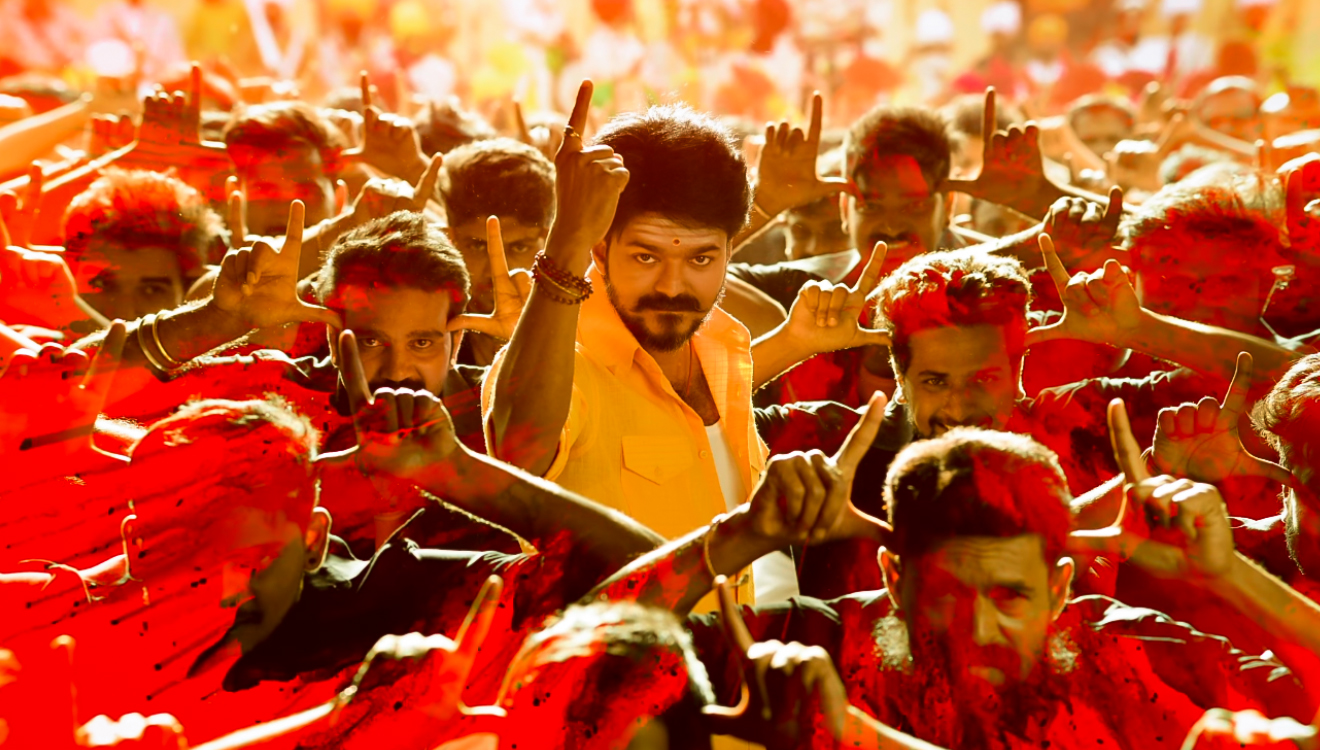A weekly/bi-weekly column that explores the portrayal of food on screen.
There are not many charmers in the universe of cinema like a well-made food movie. For years, filmmakers across the world have served on screen scenes set around dinner tables that function as an ideal social glue, bringing people together, and helping them open up and negotiate ideas. Also, there are films that simply let their characters indulge in food, sometimes meditatively, as you see in Jiro’s Dream Of Sushi, or in the innocuous act of devouring it with no concern for other worldly matters.
Last week, Saif Ali Khan’s Chef, a movie centered around food and travel, was released in the theatres. The film has the protagonist, Roshan (Khan), and his son embarking on a road trip in their food truck from Fort Kochi, along the Konkan coast. Chef takes you on a food tour – from a thattukada (tuck shop) serving puttu and kadala in Kochi, to a restaurant serving roti-pizza in Goa – like an ideal guide.
Indian cinema’s relationship with food began long ago, in the black and white era. One of the most iconic scenes in Indian cinema is the one where Ghatotkacha gobbles up a whole wedding feast in KV Reddy’s classic film, Mayabazaar (1956). A more recent film, Angamaly Diaries, had plenty of scenes where people in a Kerala small-town gorge on spicy pork curry. Some of these films are tempting enough to nudge you to get up and grab a bite, or even cook up a storm in your kitchen. For one, Rajat Kapoor’s Aankhon Dekhi (2013), where a bunch of fun-loving folks cozy up on a roof-top house and chat while sipping endless cups of ginger tea, can stir in you an urge to brew a hot cup of chai for yourself.
Here are other Indian films that were memorable for its food tales:
The Lunch Box
Ritesh Batra’s 2013 film is centered around Ila, a middle-class housewife in Mumbai, whose daily life includes the lengthy process of cooking her husband’s favourite dishes, carefully packing them in a box, and sending the lunch box to him through Mumbai’s iconic dabbawalas. One day, however, the lunch box gets mixed up and reaches the wrong man, a somber government officer. As the technical glitch in the delivery system becomes routine, a delicate romance blooms between Ila and the stranger, and the lunch box becomes their love letter. She devotes herself more to the process of cooking, prepares every dish like it’s a piece of art, and waits for him to comment on it.
Mr Butler
In Dileep’s Mr Butler, there is a long endearing scene where the protagonist, a cheerful chef, finds himself trapped inside an elevator with a stranger, a lovely woman. No points for guessing that these two would end up being lovers, but the surprise is in the way the film makes them fall for each other. When it becomes clear that they would have to spend the night inside the elevator, the man gets down to business. He pulls out a foldable stove from his suitcase, a bunch of vegetables, a knife, and a packet of basmati rice, and like a magician, he prepares a delicious dinner of pulao and side-salad. It was this scene that made the film, otherwise a mediocre fare, a memorable one in Malayalam cinema.
Vagai Sooda Vaa
A young woman falls head over heels in love with a newly-appointed teacher at the village school. She decides to convey her feelings in the best way possible; by treating him to the tastiest traditional meals that she prepares in her tiny kitchen. In the melodious song, Sara Sara, you see her making sumptuous dishes of country chicken, fish and snails, and serving them to him lovingly on a plantain leaf. Vaagai Sooda Va, apart from being a socially-relevant film on the importance of education, is a coffee table book on rural Tamil Nadu cuisine.
Salt And Pepper
Salt And Pepper, the second directorial of Aashiq Abu, brought to the reel world the rich food culture of Kerala. The film, a feel-good love story wrapped in crispy ghee dosas, omelettes, banana fritters and cakes, opens to a montage that features the best eateries from across the length and breadth of the state. Kalidasan, a staunch foodie, falls in love with Maya, a dubbing artiste blessed with exceptional culinary talent, over a phone call. Their romance progresses over phone conversations around food. He goes in search of the tuck shop that sells a fine variety of dosa upon her recommendation, and she prepares a rainbow cake following the recipe that he gives. When life seems to go nowhere, lonely Kalidasan seeks refuge in his kitchen filled with pickles, wines and delicious dishes that his beloved cook, Babu, prepares everyday. The scent of dosa and chutney reminds Maya of her late mother. There are not many Indian films like Salt and Pepper that have used food to touch tongues and souls alike.
Premam
It doesn’t take much for George, a baker, to fall in love with Celine, a young fashion designer. Look at him watching her relishing a lovely piece of red velvet cake – he is clearly smitten. Alphonse Putheren’s Premam, a film that is adrenaline-driven, takes a pause in this part to enjoy the sight of Celine devouring the cake. Legend has it that red velvet found a place in the menu card of hip confectioneries after the release of Premam.
Ustad Hotel
Recommended
A quaint eatery by the sea-side becomes a ‘soul kitchen’ in Anwar Rasheed’s Ustad Hotel. Written by Anjali Menon and starring Thilakan and Dulquer Salmaan, the film revolves around the eatery Ustad Hotel and its founding chef, Kareem (Thilakan), who regards food as a bypass to one’s soul. His grandson, Faizzi (Dulquer), leaves his palatial home and takes shelter with Kareem, and slowly learns the secret to the latter’s signature biryani and some lessons in humanity.
Rab Ne Banadi Jodi
Shah Rukh Khan and Anushka Sharma indulge in a gol gappa eating contest in Aditya Chopra’s 2008 film, Rab Ne Banadi Jodi, making for an interesting two-minute-long scene set in one of Delhi’s old narrow streets. It is not a scene integral to the movie, yet the charm that it exudes adds to the film’s flavour.
*****



